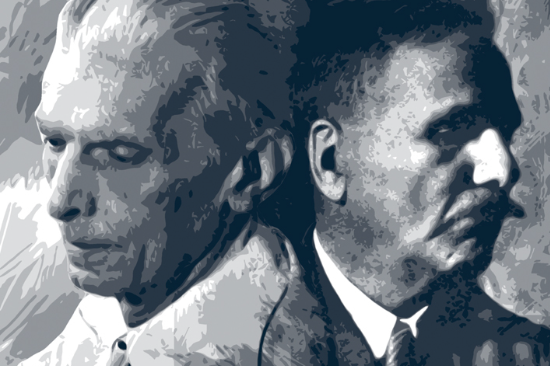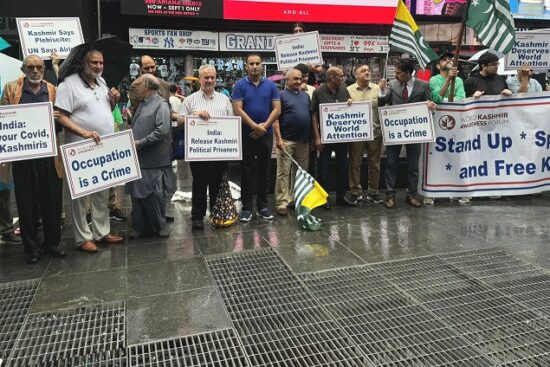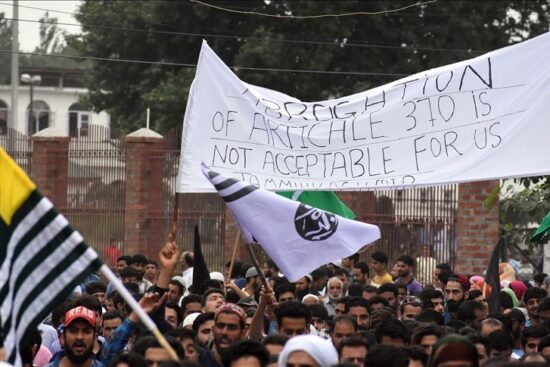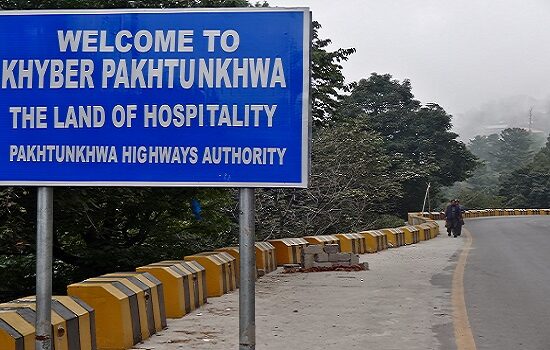
As we observe the 78th anniversary of Pakistan’s creation, it is vital to confront and debunk misleading narratives that seek to undermine the legitimacy and historical significance of this nation. Indian Prime Minister Narendra Modi tweeted about the suffering caused by the partition of 1947, paying tribute to the resilience of those affected. However, this narrative conveniently overlooks the true essence of Pakistan’s creation, which was not just a partition but the birth of a distinct nation rooted in the Two-Nation Theory. To address Modi’s claims, it’s important to ground the discussion in historical facts and realities.
The Two-Nation Theory
The Two-Nation Theory, articulated by Allama Iqbal and championed by Muhammad Ali Jinnah, was based on the premise that Muslims and Hindus in the Indian Sub-Continent were two separate nations, with distinct religions, cultures, and social practices. This idea wasn’t a mere political slogan; it was a response to the realities of Hindu-Muslim relations in British India. By the early 20th century, the Muslim minority was increasingly marginalized in the political and social spheres dominated by the Hindu majority. The Government of India Act-1935 and the elections that followed only intensified those fears, as the Indian National Congress, representing Hindu interests, refused to share power with the Muslim League in provinces, where Muslims were in the majority. The Lahore Resolution of 1940, where Jinnah formally demanded independent states for Muslims in the north-western and eastern zones of India, marked the beginning of the journey toward Pakistan. The overwhelming support for the Muslim League in the 1946 Elections, where it won 90% of the Muslim seats, further solidified the demand for a separate nation. This was not just a cry for autonomy; it was a declaration that Muslims needed a separate homeland to protect their religious, cultural, and economic rights.
The Horrors of Partition
While Indian PM Modi’s tweet speaks of the horrors of partition, it omits the critical context of, who historically bore the brunt of this tragedy. The partition led to one of the largest and most brutal migrations in human history. Over 14 million people were displaced as Muslims fled to Pakistan and Hindus and Sikhs moved to India. The violence that erupted during that migration was staggering. It is estimated that between 200,000 and 2 million people were killed during the partition. In Punjab alone, nearly 500,000 people lost their lives. Trains carrying refugees were often attacked, leading to the massacre of entire trainloads of passengers. Those “blood-soaked trains” became a gruesome symbol of the partition’s brutality. Women bore a disproportionate share of the violence. Between 75,000 to 100,000 women were abducted and raped during the partition. In both India and Pakistan, women were forcibly converted, married off, or killed to prevent their “dishonor.”
A Nation Built on Sacrifice and Resilience
Despite those unimaginable challenges, Pakistan welcomed over 7 million refugees, who arrived from India. The newly formed Government, despite its limited resources, set up refugee camps, provided food and medical care, and allocated land for resettlement. Karachi, Lahore, and Rawalpindi met an influx of refugees, with Karachi’s population doubling within a few years. Many of those migrants went on to make significant contributions to Pakistan’s economy. The refugee businessmen from Amritsar, Ludhiana, and Delhi played a pivotal role in establishing Pakistan’s textile industry. By 1955, Pakistan had 177 textile mills, many of which were set up by those migrant entrepreneurs. Politically, the migrants became an integral part of Pakistan’s leadership, with many holding key positions in government and military. Culturally, migrants brought with them a rich heritage that shaped Pakistan’s identity. Urdu, the language of many migrants, became the national language of Pakistan, fostering a sense of unity among the diverse population.
Hindutva’s India
While Modi speaks of protecting “the bonds of unity and brotherhood,” his tenure has seen a significant rise in Hindu nationalism, which undermines these very ideals. The Citizenship Amendment Act (CAA) of 2019, which offers a pathway to Indian citizenship for non-Muslim refugees from neighboring countries, is a clear example of the exclusionary policies driven by Hindutva ideology. The act has been widely criticized for discriminating against Muslims and undermining India’s secular constitution. The saffronization and incendiary ultra-right leanings in India are diametrically opposed to secular fabric of erstwhile India. Instead of worrying about others, Modi Government should take care of these wrong trends in Indian society.
Kashmir Conflict
The abrogation of Article 370 in August 2019, which revoked the special status of Jammu and Kashmir, has further strained relations with Pakistan and fueled unrest in the region. The decision led to a severe crackdown on civil liberties, with a communication blackout and mass detentions. This act of aggression stands in stark contrast to Modi’s rhetoric of unity and brotherhood.
Violence Against Minorities
Under Modi’s leadership, India has seen a sharp increase in hate crimes against minorities, particularly Muslims. According to Human Rights Watch, between May 2015 and December 2018, there were at least 44 deaths in 100 attacks across 20 Indian states, all linked to “cow protection” groups—vigilante mobs that target Muslims and Dalits. These incidents reveal the hollow nature of Modi’s claims of unity.
A Reality That Cannot Be Undone
Modi’s narrative around the partition overlooks the fundamental truth that Pakistan’s creation was not just a tragic division, but the birth of a nation that was necessary for the protection and development of Muslims in the Sub Continent. Pakistan’s existence today is a testament to the validity of the Two-Nation Theory, which recognized the distinct identity of Muslims. As Pakistan continues to grow and develop, it stands as a beacon of resilience and determination. The horrors of partition should not be forgotten, but they should be understood in the context of Pakistan’s creation—a sovereign state born out of the struggle for self-determination and the right to live freely. Modi’s attempts to paint the partition as a mere tragedy ignore the ongoing realities of Hindutva-driven policies that threaten peace and unity in India and beyond. Pakistan remains committed to its founding principles, ensuring that the sacrifices made during the partition were not in vain. The birth of Pakistan was not just a division of land, but the establishment of a distinct and proud nation, a fact that remains undeniable.



















Leave a Reply